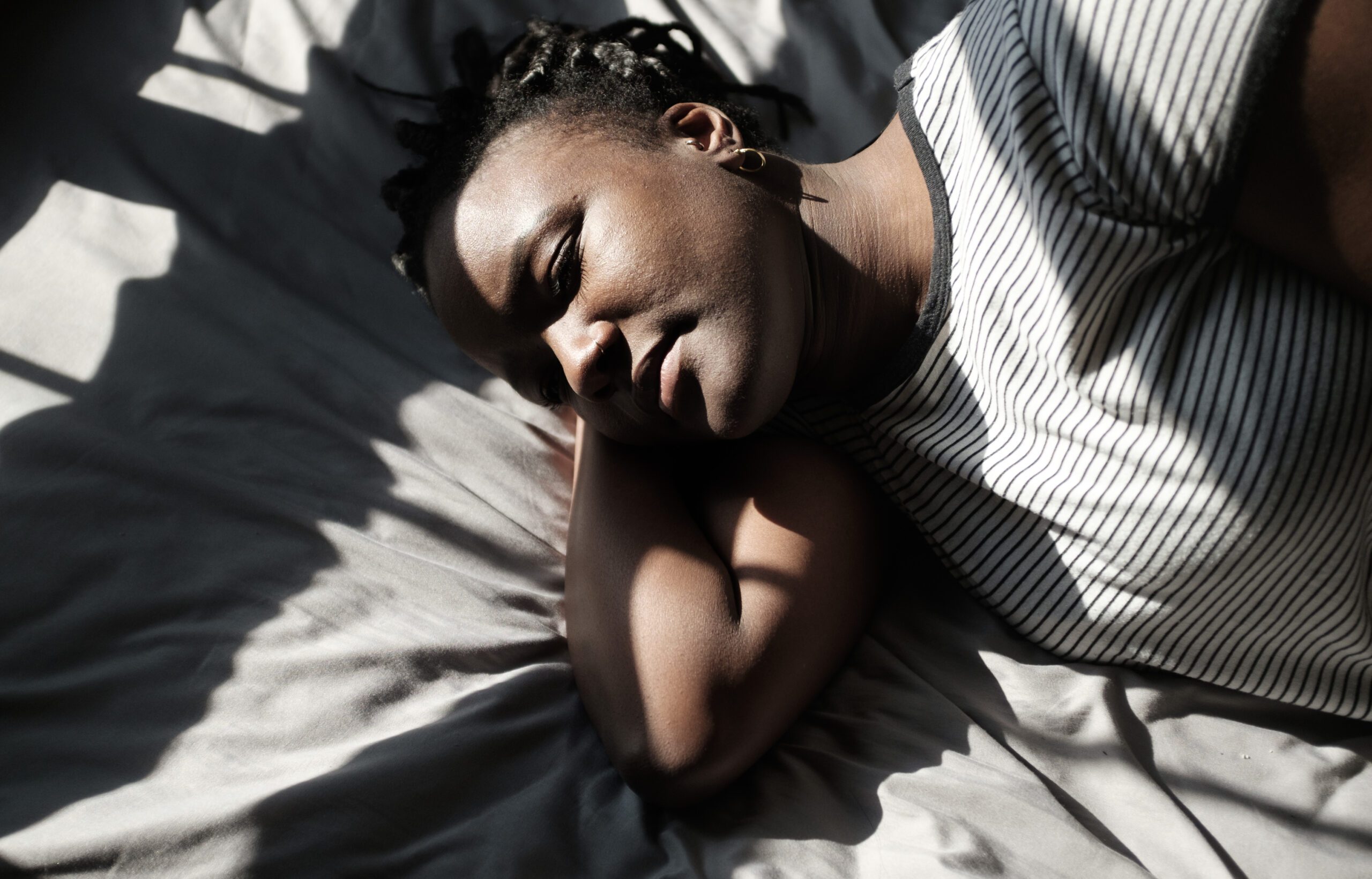In March 2017, a first-year student died by suicide at the University of Waterloo. I wanted to listen to stories of university students and their personal struggles with mental health. These are their stories.
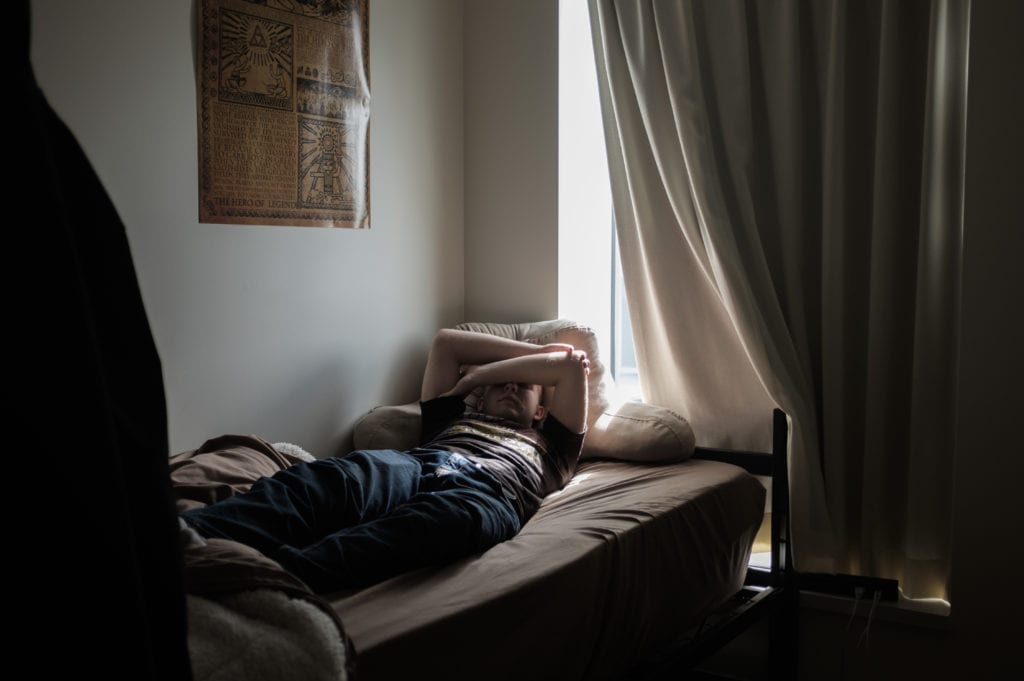
Depression, anxiety and suicidal ideation
“At times, we may be fragile but that is not to say we are fragile all the time. There are times we may feel broken, but we are not broken. There are times where we feel like nobody cares about us, we need to feel either cared for or validated. We are not a project but at the same time we are not a small child that you must hide from the horrors of the world. Treat us like a person who needs help.” (March 2017)
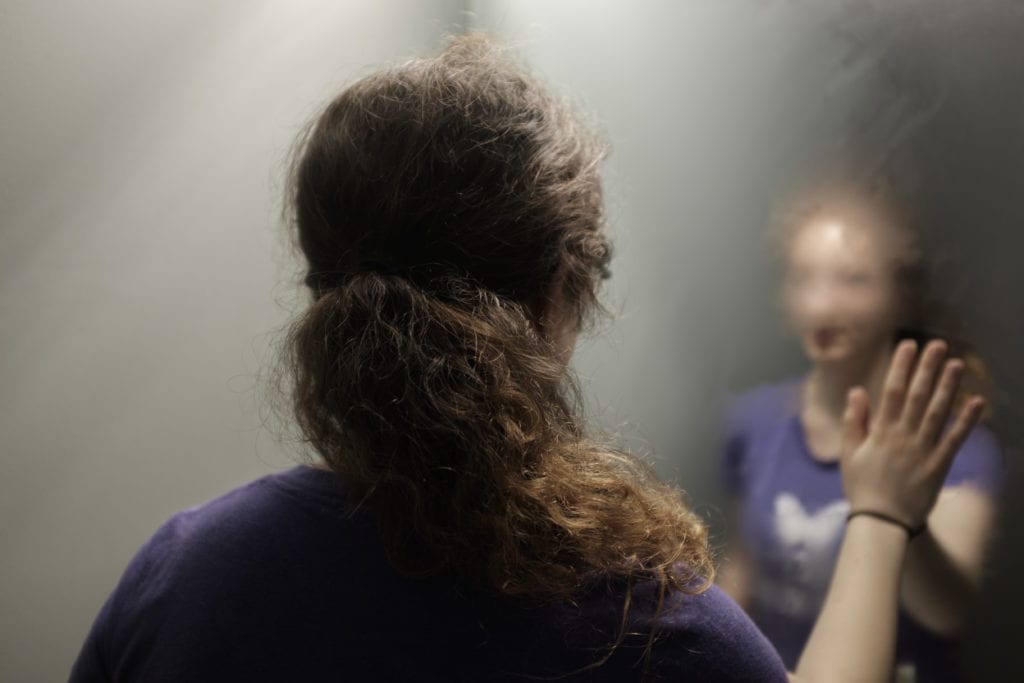
Depression and anxiety
“Brains just do things sometimes that are hard to control. I feel like a lot of people can relate to that. Even if you’re not feeling sad or anxious, you’ll just have thoughts that are sticky and it’s not as serious as a lot of mental health things, but sometimes your brain will be a certain way and there’s not much you can do about it. If you’ve thought a certain way for a long time, it can be hard to change the pattern in your brain to think in a different way. You can’t think different thoughts suddenly. Brains are really complicated.” (April 2017)
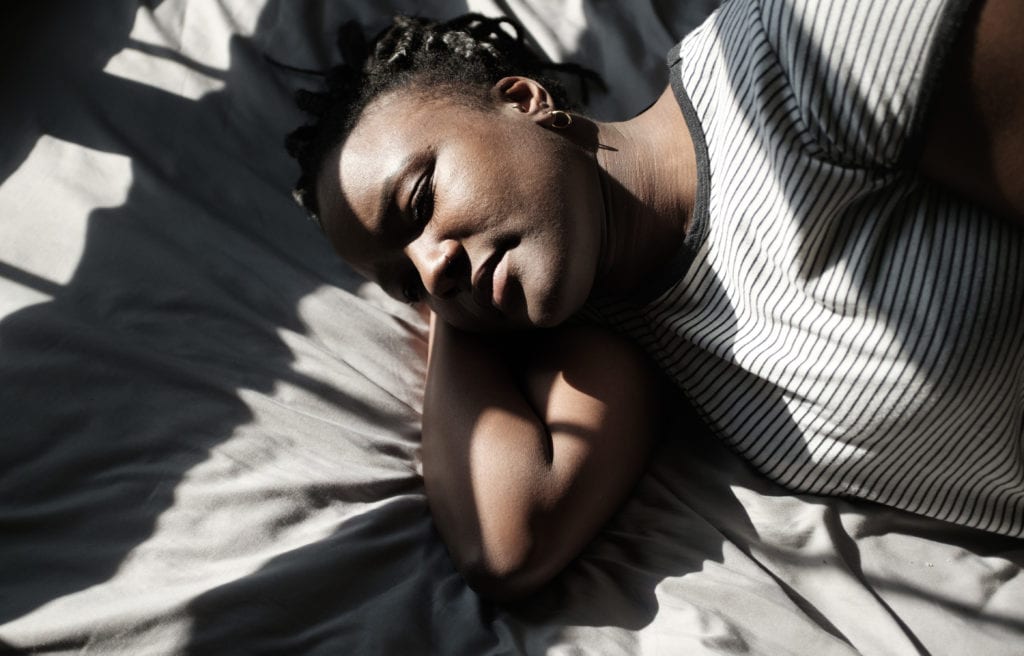
Originally enrolled in 2010 but dropped out
Depression and stress
D.M. experienced a great amount of depression and stress in her first year of university. She had to drop out because she felt there was no accessible help. She came back after six years to get a degree.
–
“Personally for me, the first time I went, the difficulties I had didn’t start at university but they were compounded with the competition and standards I had to meet at 18 years old. The university doesn’t take into account the nuances of humanity. The university isn’t a person-centred institution. It’s based on things that build up a company.” (March 2017)
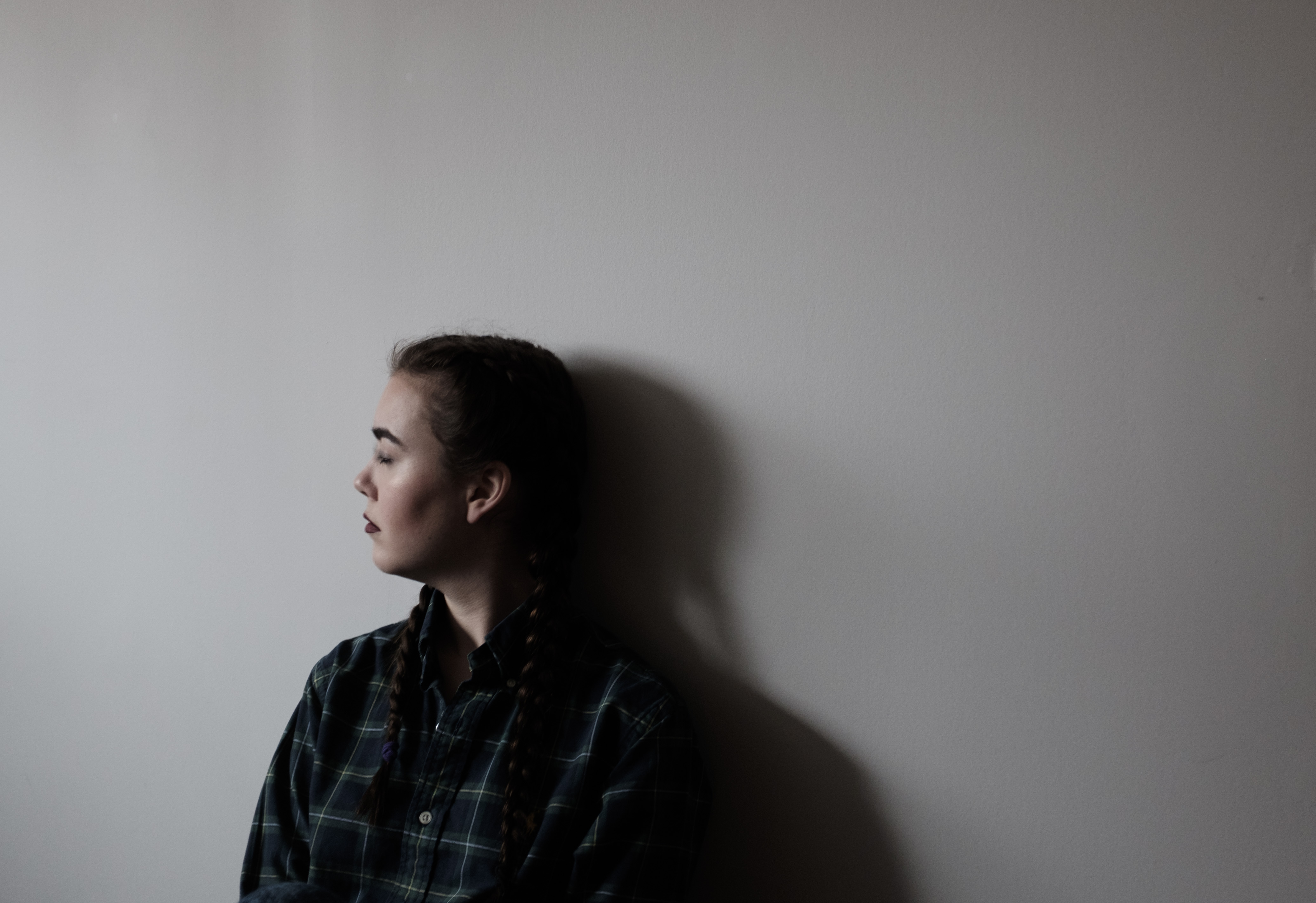
Depression, anxiety and borderline personality disorder
“The UW is a prestigious university that is known for producing incredible minds and known for being an incredibly academic place. You definitely feel that when you go there and when you start, and I think that’s a big pressure that students put on themselves to keep up to the calibre that is the University of Waterloo. It’s such a change from high school from the way you take classes and the way you study. Everything gets completely changed. I think that’s a big pressure.”
–
“Awareness is great but we’re all perfectly aware of mental health, thank you very much. It’s time to stop just making people aware and it’s time to start with the acceptance. If everybody is talking, nobody is listening. I think that’s the university’s biggest problem. They are so busy talking about mental health and they aren’t listening. ” (April 2017)
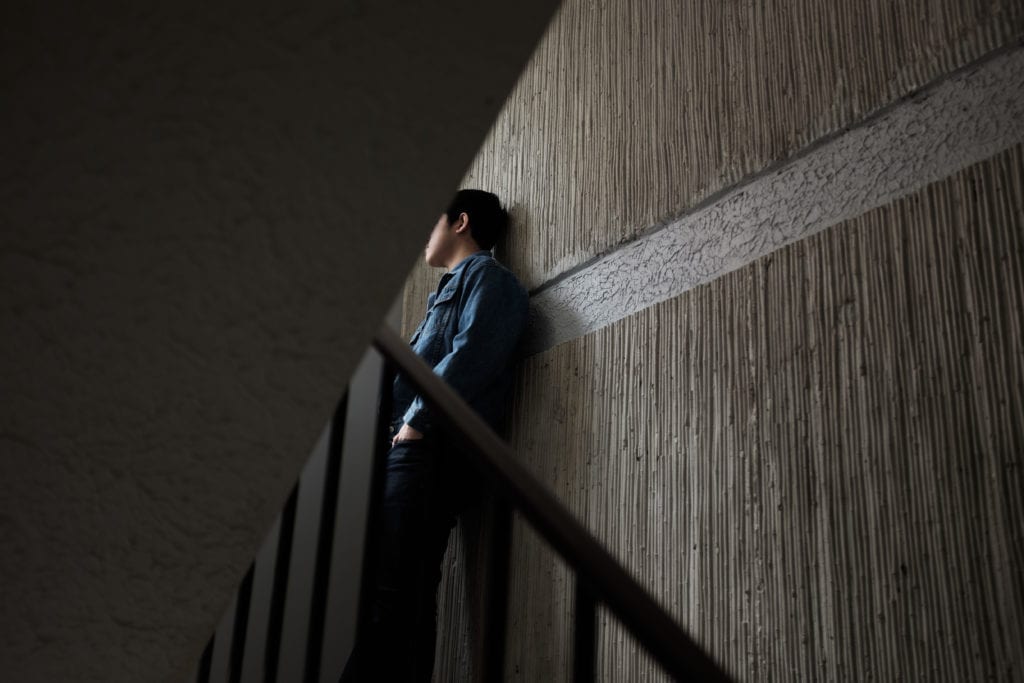
Mild depression and mild anxiety
“I probably should have taken a year off before coming here. All the responsibility and taking care of myself is something I didn’t get too much exposure [to] when I was in high school and a kid. It was difficult to get the hang of being independent and a lot of it hit me really fast and I never got a chance to recover. School does a decent job with reading weeks but for me it just didn’t help. It was a lot at once.” (April 2017)
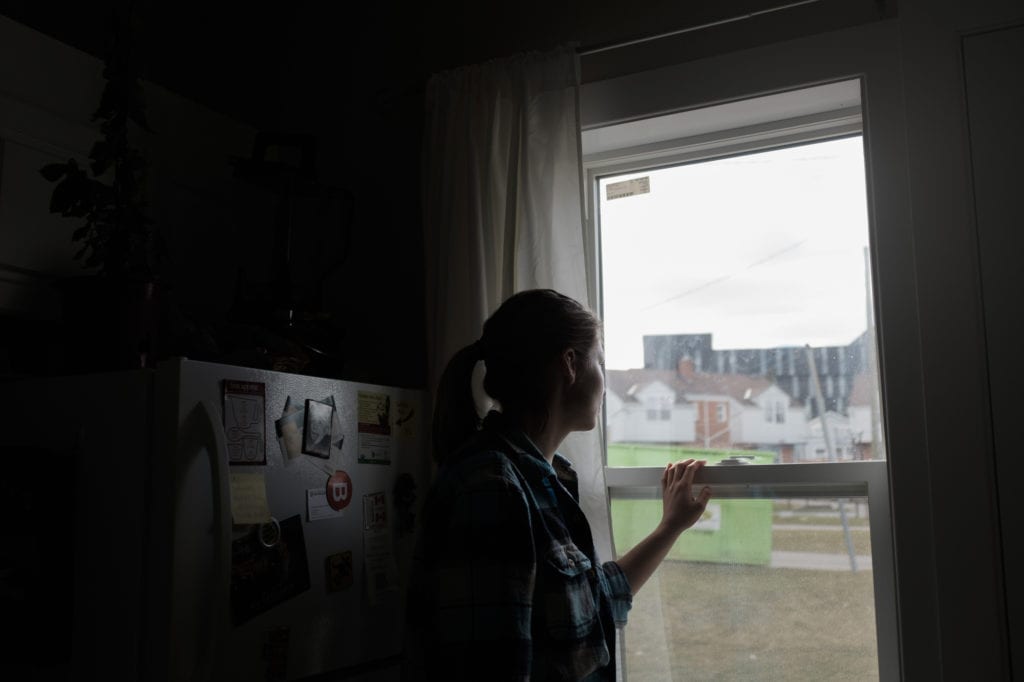
Transferred from University of Toronto
Depression
“The culture of UW engineering is very much a culture of superiority. They think very highly of themselves. The reputation is both good and bad. It’s made it difficult to admit that I failed a term. I know I shouldn’t be ashamed of having failed or ashamed of not understanding something in lecture and going to a professor. I know the professor is not going to yell at me, but I feel like an idiot when I have to ask something that turns out to be very simple.” (March 2017)
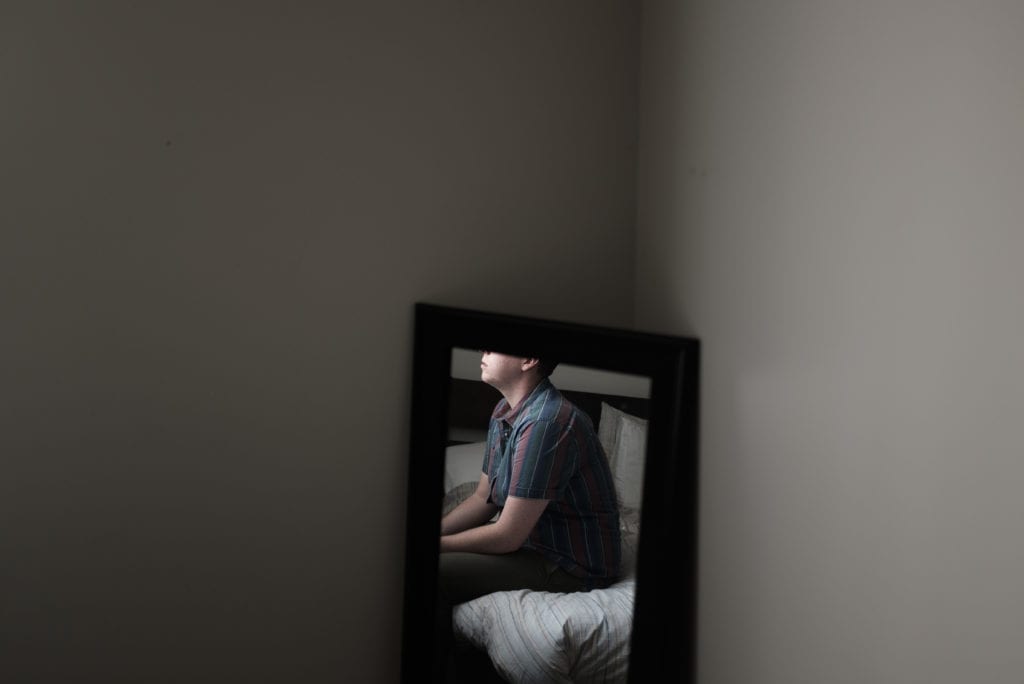
Depression and exhaustion
“The one thing I regret in the way I treated myself is that I didn’t tell others. There were only a few people I told about it, so by the time I walked into work I had to put on a face. I had to say, ‘Everything is fine’, but then when I would walk out the door I realized I bottled up my thoughts for 8 hours. That was the worst thing… that I never admitted to people that something was wrong. I didn’t think I could turn to many other people for that support.” (April 2017)
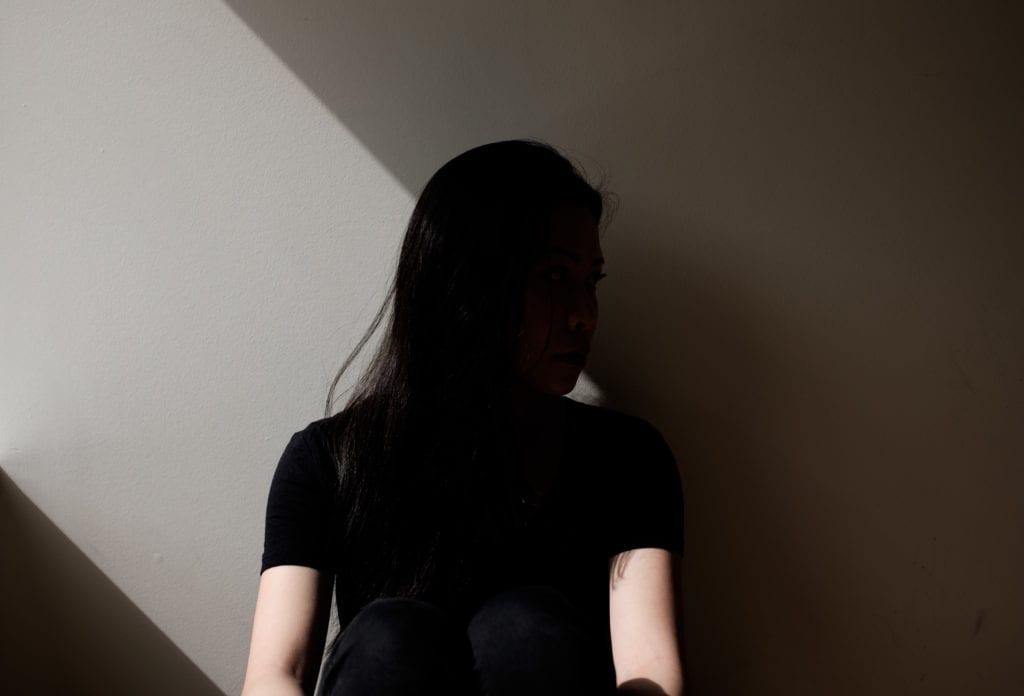
General anxiety disorder and major depression disorder
Don’t undermine how I’m feeling. That’ll only spike the anxiety and that makes me frustrated. You’re not validating me, you’re just making it seem like I’m having unnecessary feelings and thoughts. Don’t undermine it.” (March 2017)

Panic attacks, seasonal affective disorder and anxiety
“If I have a problem, I will do everything I can fix it. So having been asked, ‘Why are you this way,’ I’m like, ‘If I knew, I would fix it.'” (March 2017)
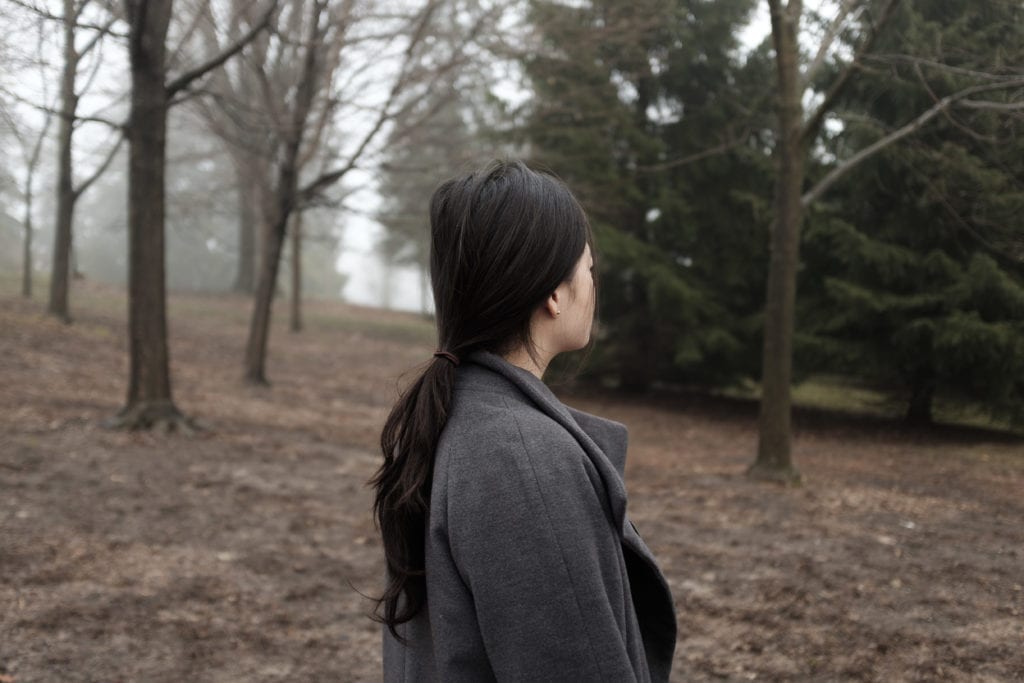
Unofficially borderline personality disorder
“I felt lonely growing up because of mood instability. So I resorted to self-harm. It felt like I could drop everything and I could focus on one feeling which was physical, instead of the inner emotions which were harder to deal with and control. No one ever just does things. You can’t analyze surface-level things. There’s probably something deeper going on with someone.” (April 2017)
Find other work by Hannah Yoon here. For more of Broadview’s award-winning content, subscribe to the magazine today.
You may unsubscribe from any of our newsletters at any time.

